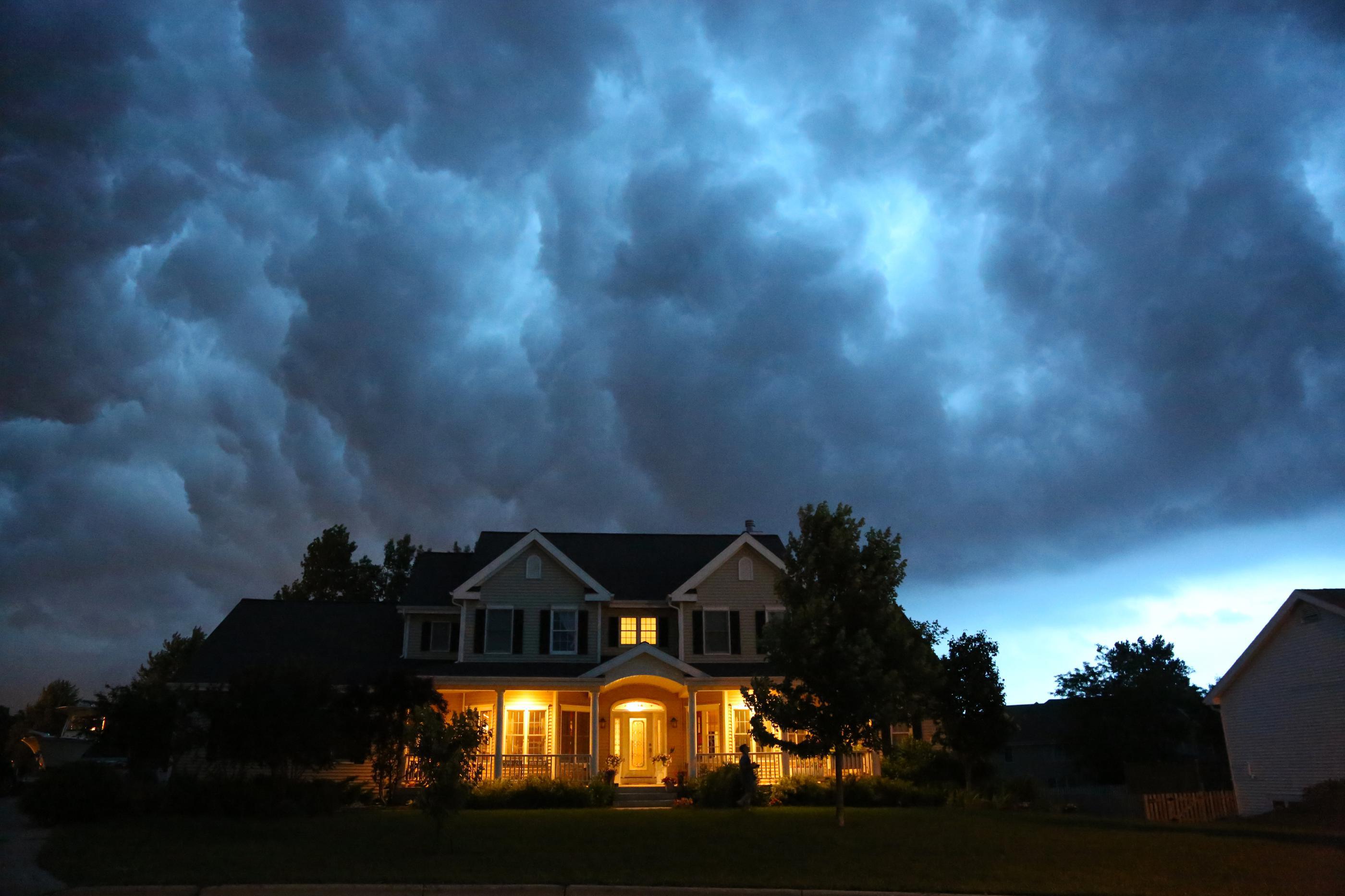
It’s summertime and the livin’ is easy – at least, that’s what Ella Fitzgerald and the Tee Carson trio once sang. And if you love the summer heat, you probably agree!
But they definitely weren’t singing about severe summer weather, and the impact it could have on your house.
The summer solstice was on June 20, though the Atlantic hurricane season officially kicked off June 1. But depending on what part of the country you're in, hurricanes aren’t the only weather event that can be a threat to homeowners during the summer months.
In many parts of the United States, summer brings heavy thunderstorms, tropical storms, hail, tornados, flooding, and of course, high temperatures.
These forces of nature can hurt your home’s plumbing – but luckily, there are things you can do to prepare.
Here are a few actions you should take to get your home ready before bad weather strikes.
Clear your drains and gutters: Debris, including leaves, mud, twigs, and grass, love to gather in your drains and gutters. And while no one loves the chore of cleaning these out, it’s an important one to take care of before any bad weather hits. If you don’t, clogs can lead to leaks in your walls and roof and potentially cause a lot of water damage.
READ MORE: Water Damage from Plumbing Leaks is Common Homeowners Insurance Claim
Make sure water is flowing away from your house: Landscaping should slant away from your home to prevent flooding. You can do this by finding your property’s highest and lowest points and use dirt to make a slope away from your house.
Inspect your sump pump: If you have a basement in your home, you rely on your sump pump to get rid of stormwater from underneath the house, preventing flooding. Take a good look at your sump pump – if there’s water near the top of the sump, or its motor is making a strange noise you don’t recognize, it’s likely time for a repair. The lifespan of a sump pump is generally around a decade, so if yours is around that age, it could be time to replace it.
Inspect your sewer line: Heavy rains can flood your sewer lines, especially if there are cracks in the pipes. If tree roots find their way in there, that could lead to a major backup. Your local plumber can inspect your pipes and repair any cracks before you have a major problem on your hands.
Find the shut off valve: If your home is flooding, you need to immediately shut off your home’s main water valve. You may be able to do this by hand, or you may need to use a pipe wrench or a long-handled plumbing wrench known as a water key. If you can’t find your shut off valve, call a plumber – we are happy to help.
Of course, if a storm hits your home and damages your plumbing, Benjamin Franklin Plumbing is there to repair the damage. Request an appointment or give us a call at 1-877-BEN-1776.
